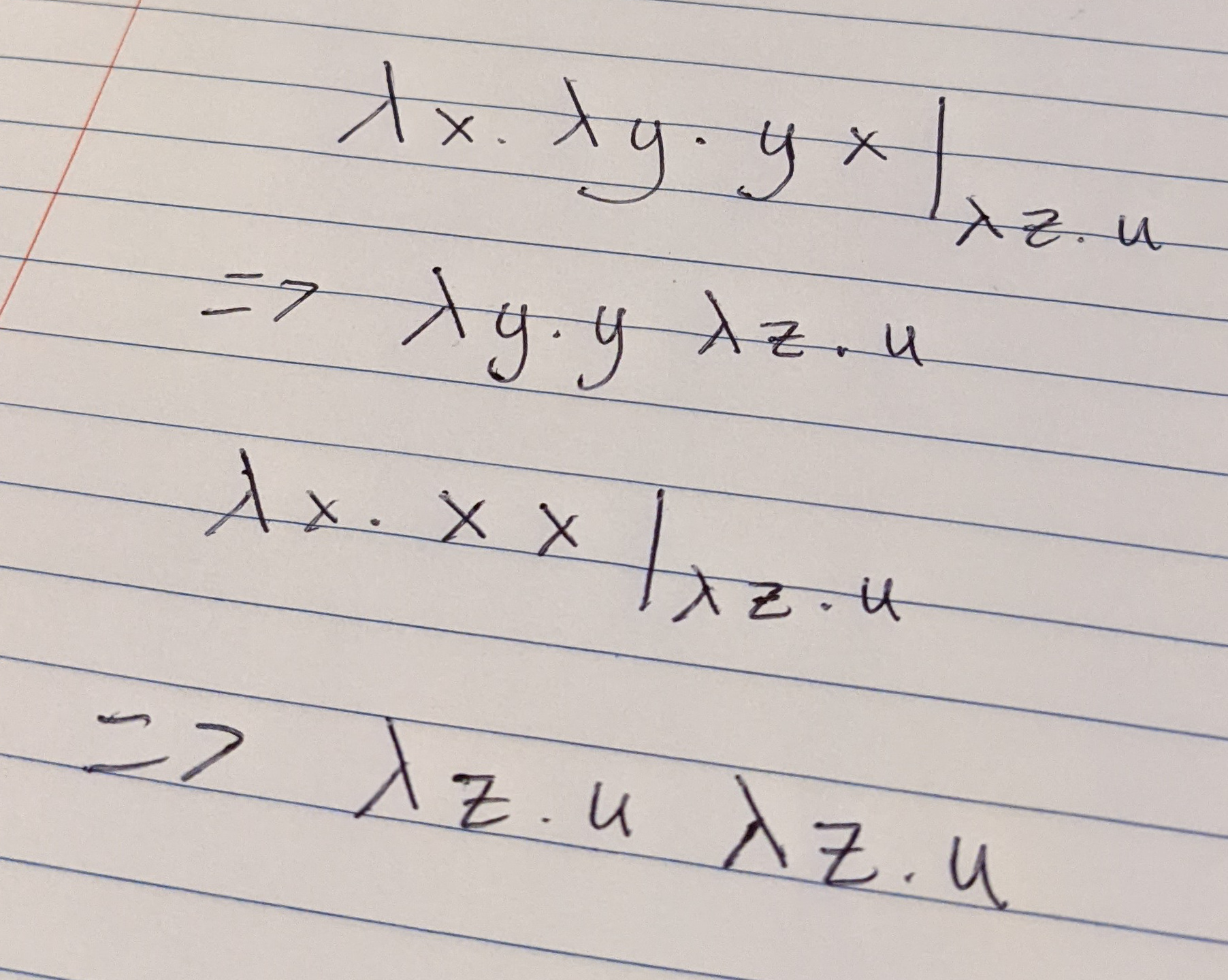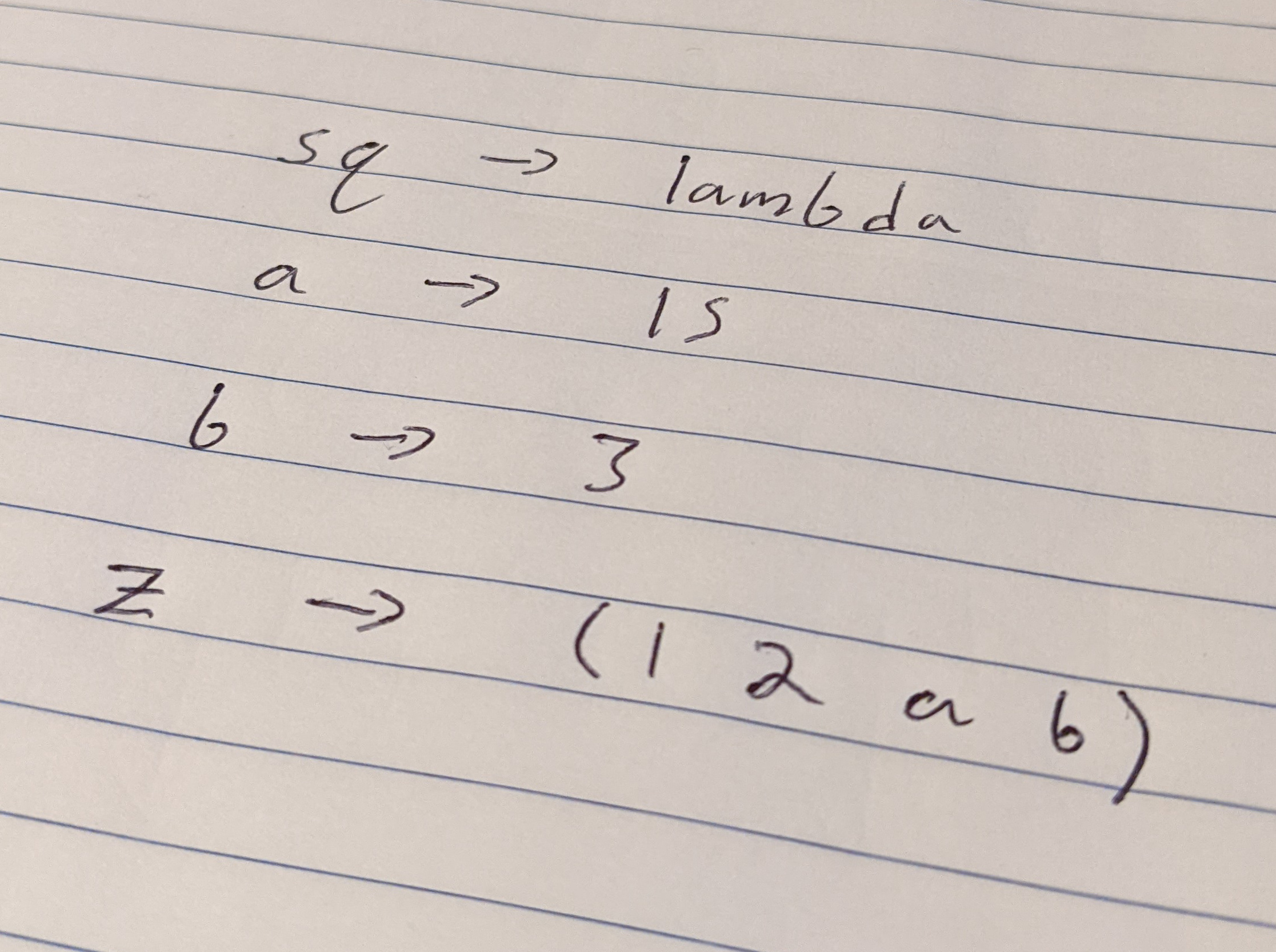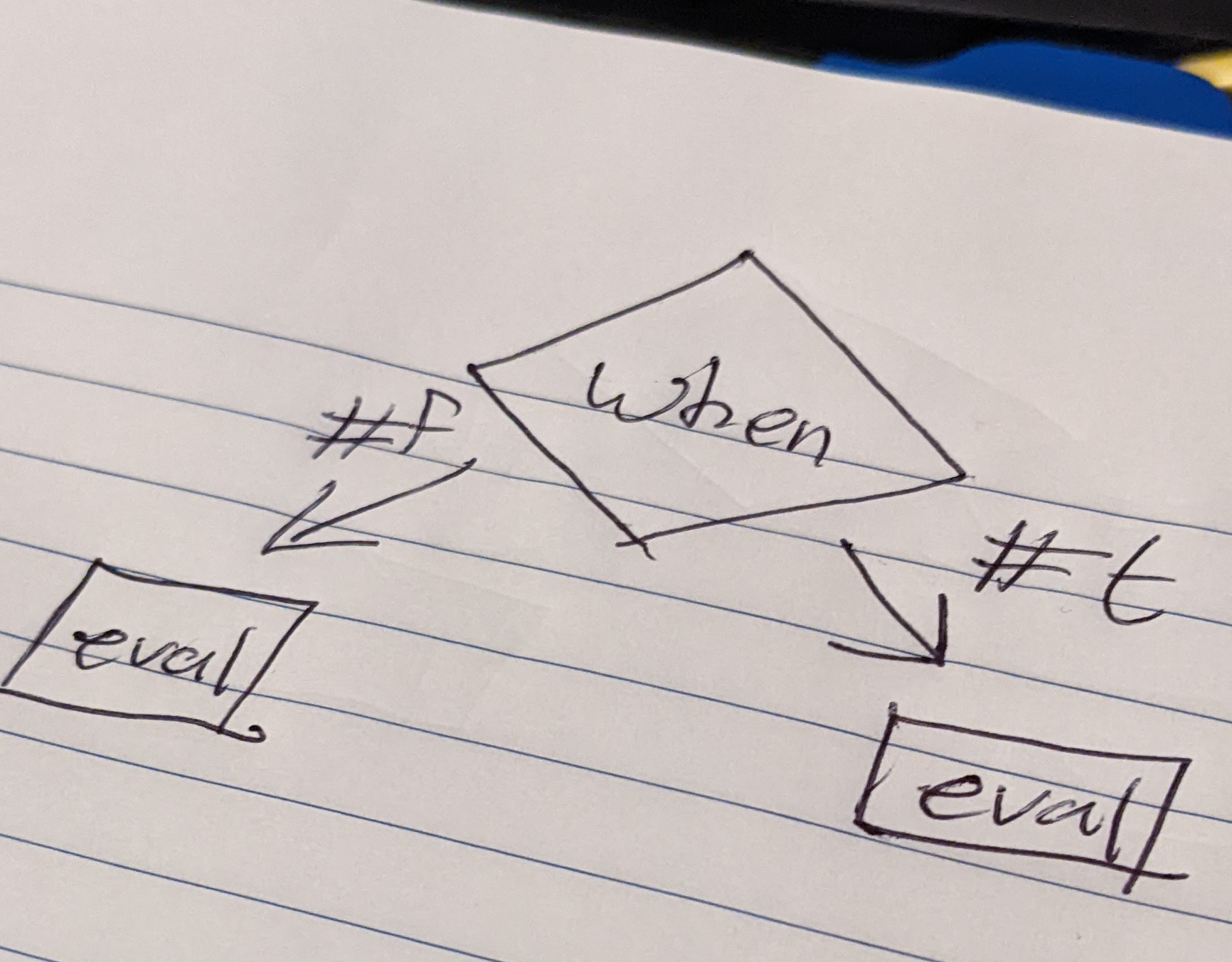Compiling with Continuations

A review of the book Compiling with Continuations, Appel (1992).
Studying Japanese - The Results

This report documents my systematic method used to achieve the JLPT N3 proficiency level over a three-year period. The entire study was structured as an applied process of inquiry, where three core principles regarding skill development were tested against external proficiency scores. This document outlines the methodology, verifies the core assumptions, and presents the final quantitative results, confirming that a focused, evidence-based strategy efficiently guides the learner to the high intermediate level.
Roll A Lisp In C - Procedures

Procedures provide a way of abstracting imperative knowledge that can be represented in a language. In this article I show a technique for implementing lexically scoped first-class closures. This is the concluding article in the Roll A Lisp In C series.
Roll A Lisp In C - Environments

Environments store values that can be referred to in later evaluations. In this article I show a technique for storing lisp data for use in later expressions.
Essentials of Compilation & Modern Compiler Implementation in C

This review goes over two undergraduate textbooks on compilers that have been used autodidactically. The books are shown compared to each other, in the context of their supplementary material, and in of themselves.
Roll A Lisp In C - Evaluation

Evaluation is the process of taking an expression and producing a value. In this article I show how to take expresions held in list structured data and produce values.